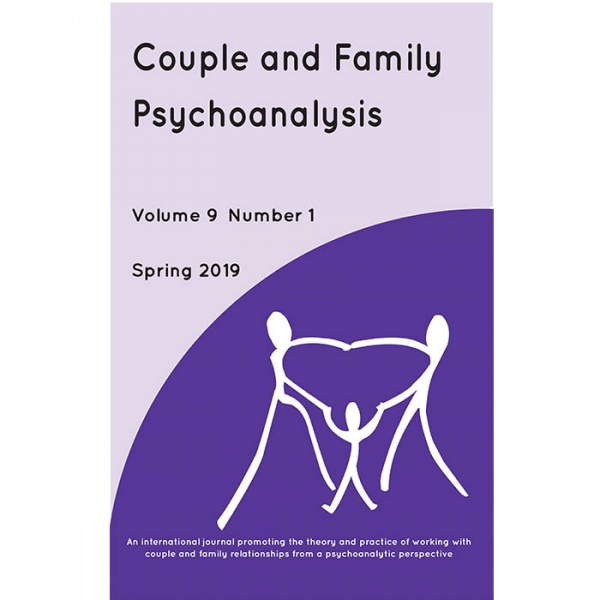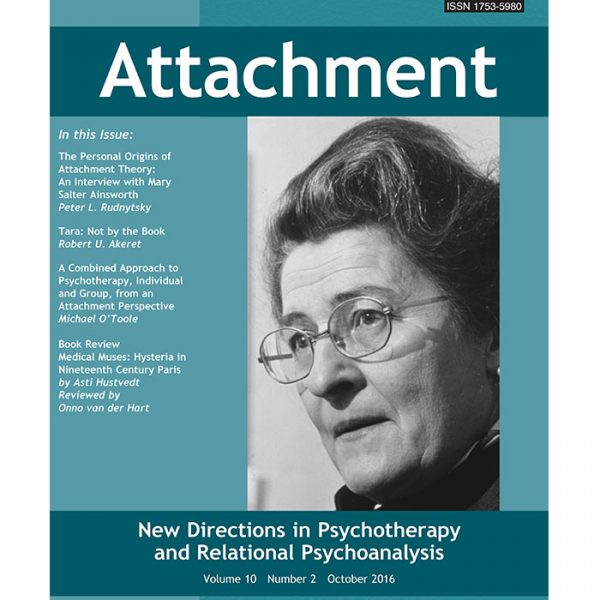Attachment: New Directions in Psychotherapy and Relational Psychoanalysis is a leading edge journal for clinicians working relationally with their clients. It is published in conjunction with The Bowlby Centre, an organisation committed to the development, promotion and practice of attachment-based psychoanalytic psychotherapy.
The annual subscription includes two printed issues a year and includes complimentary online access from Ingenta Connect to current and past issues.
Reasons to subscribe:
– A leading-edge journal for clinicians working relationally with their clients;
– A professional journal featuring cultural articles, politics, reviews and poetry relevant to attachment and relational issues;
– An inclusive journal welcoming contributions from clinicians of all orientations;
– An international journal open to ideas and practices from all countries and cultures;
– A cutting-edge journal with the latest relevant developments in neuroscience.




